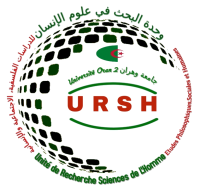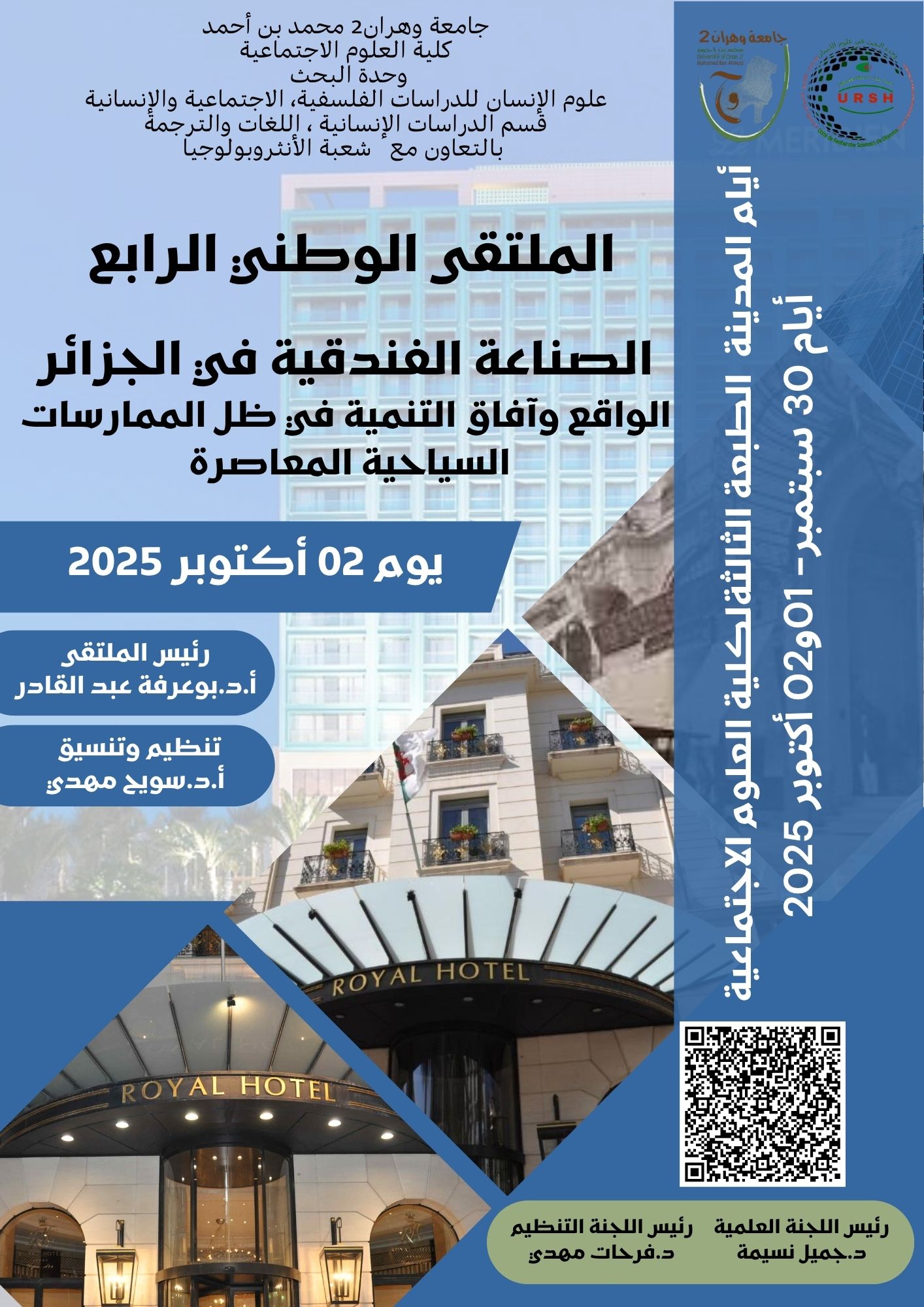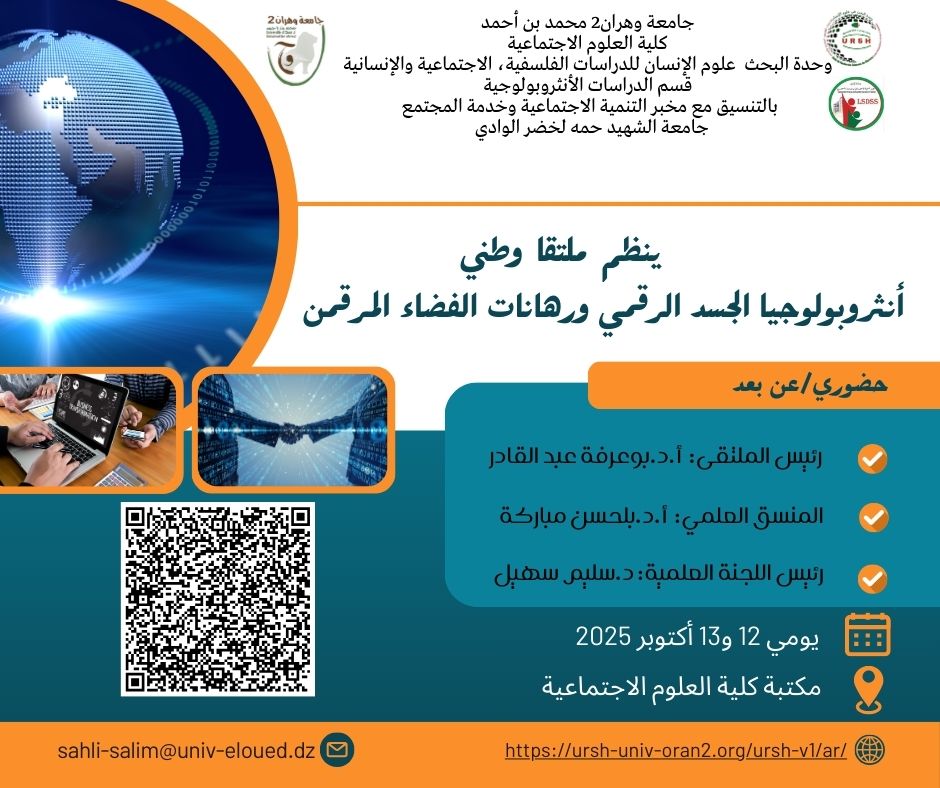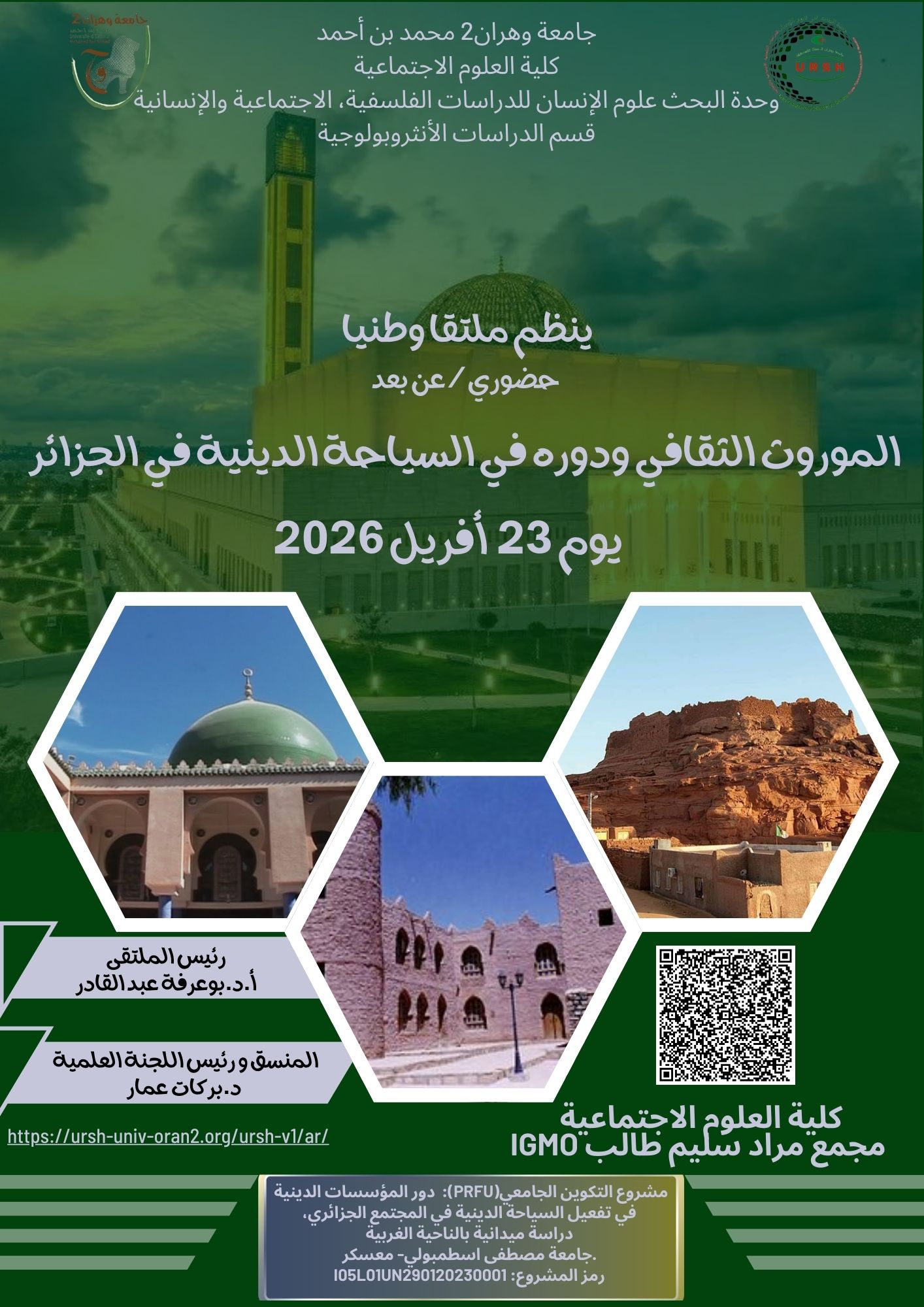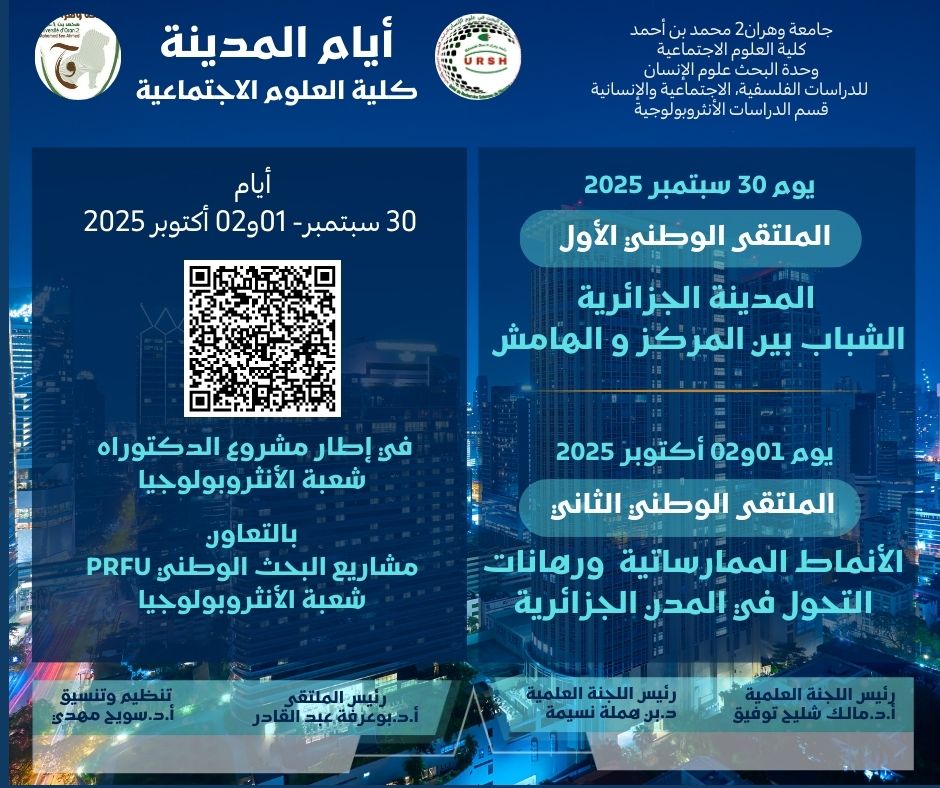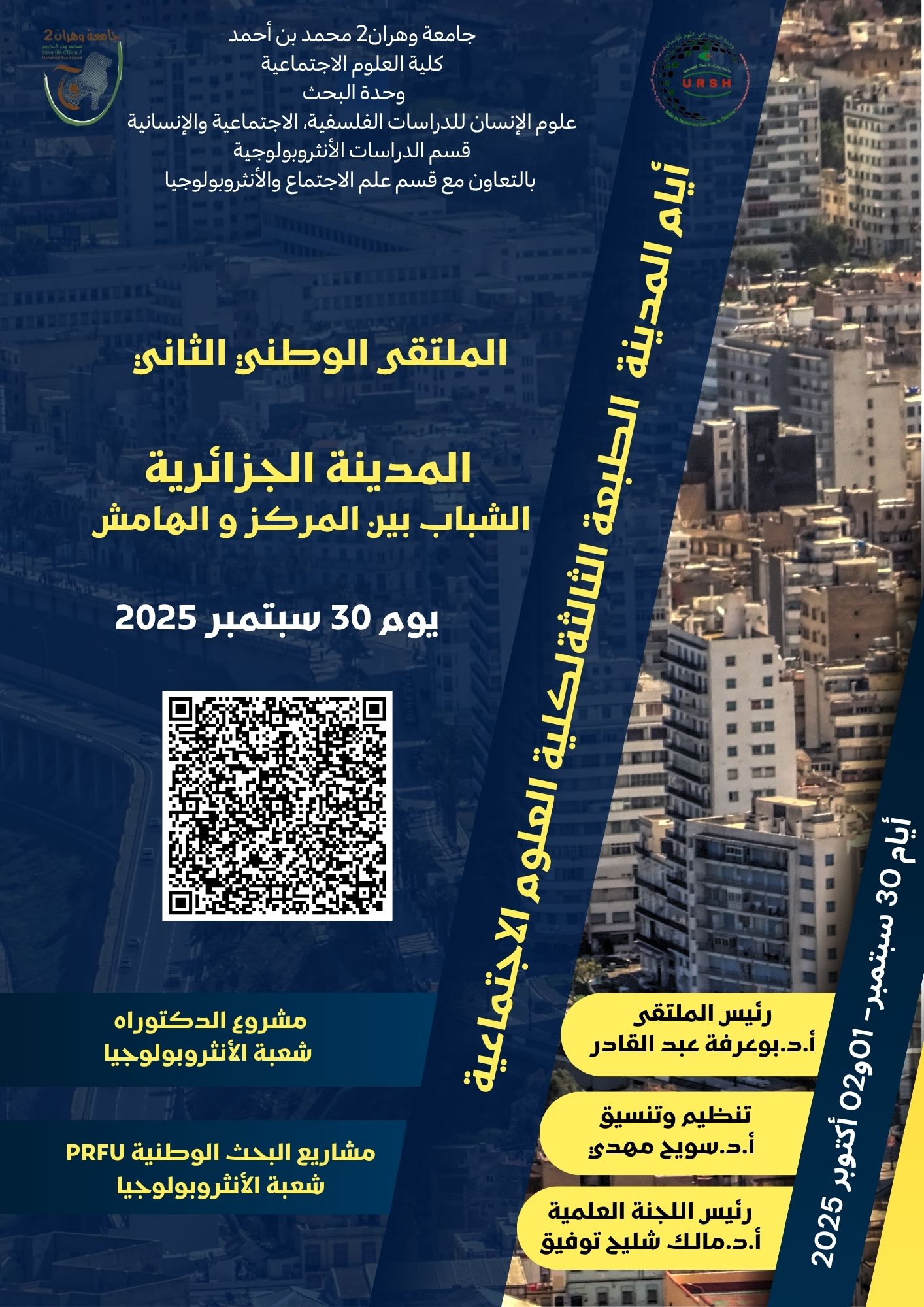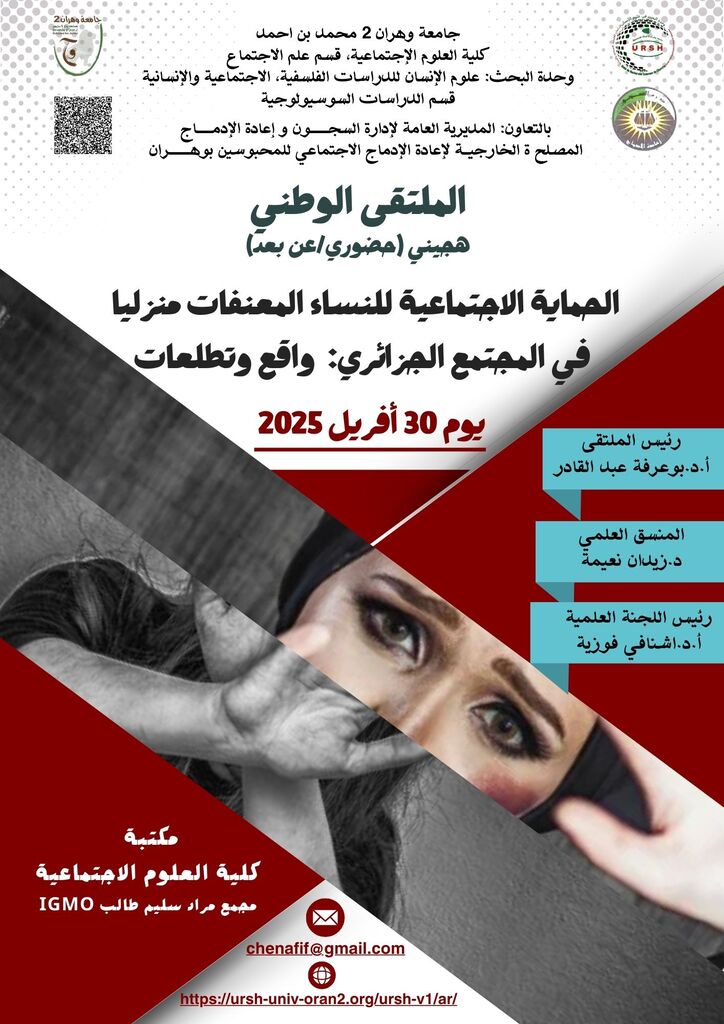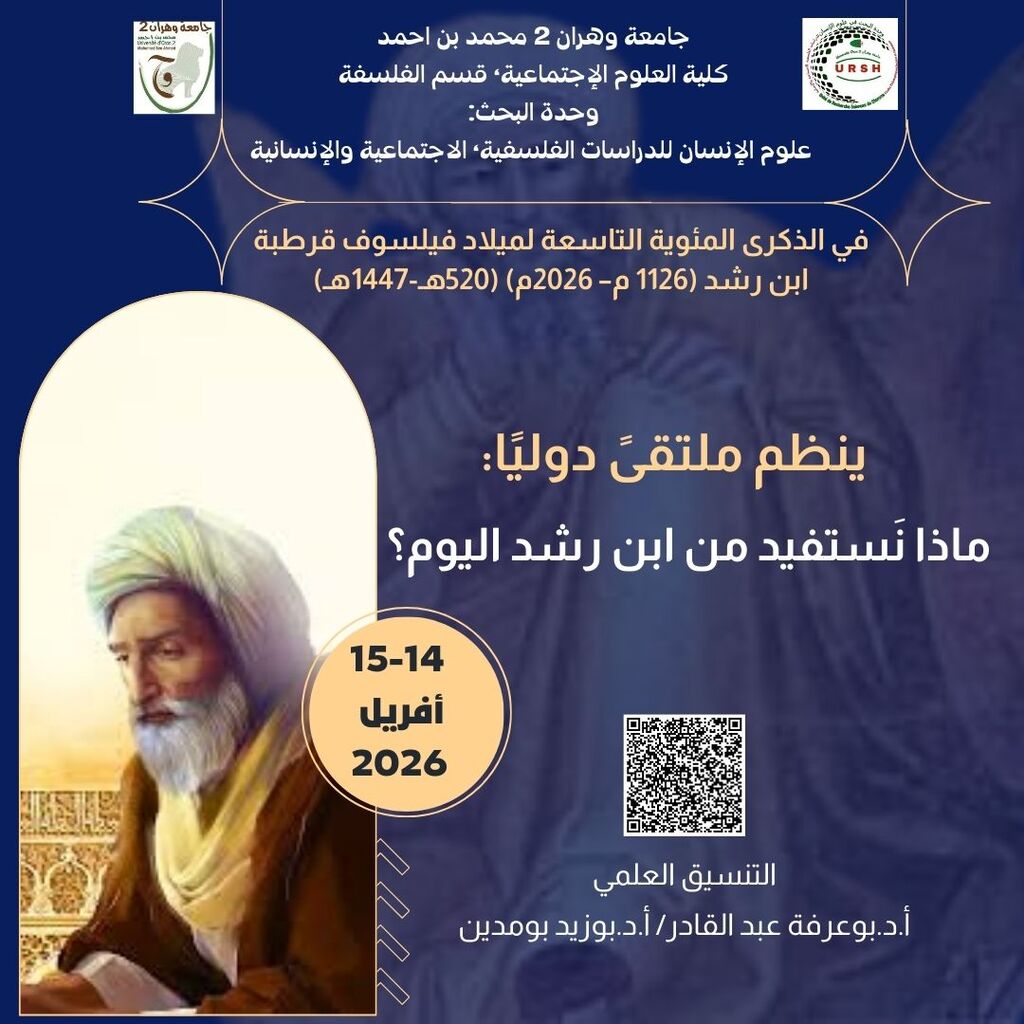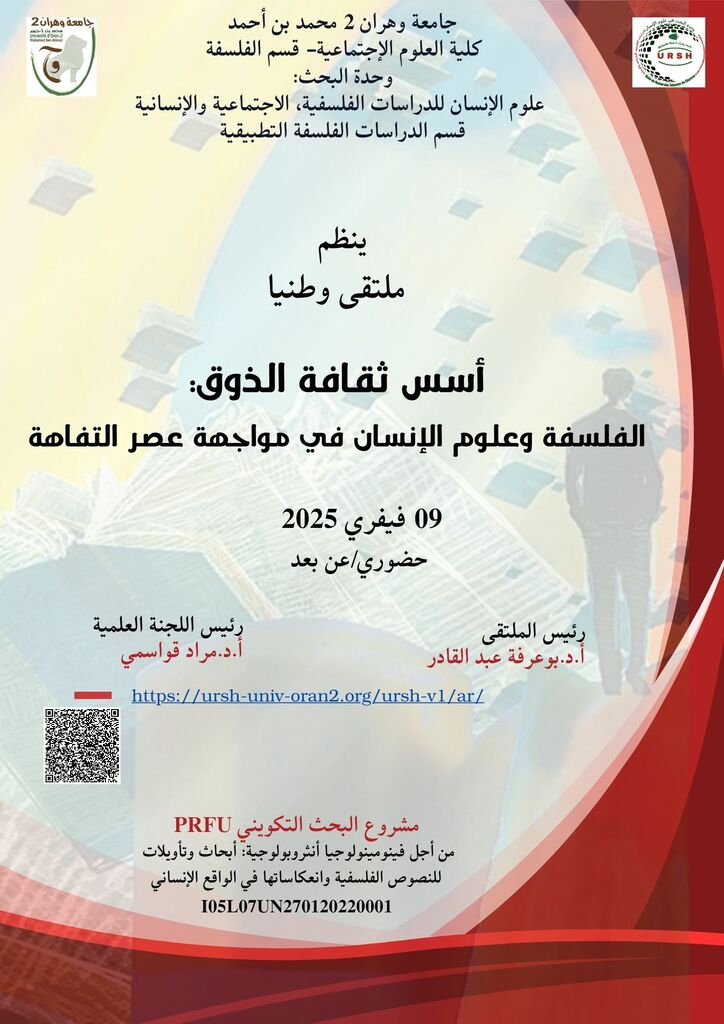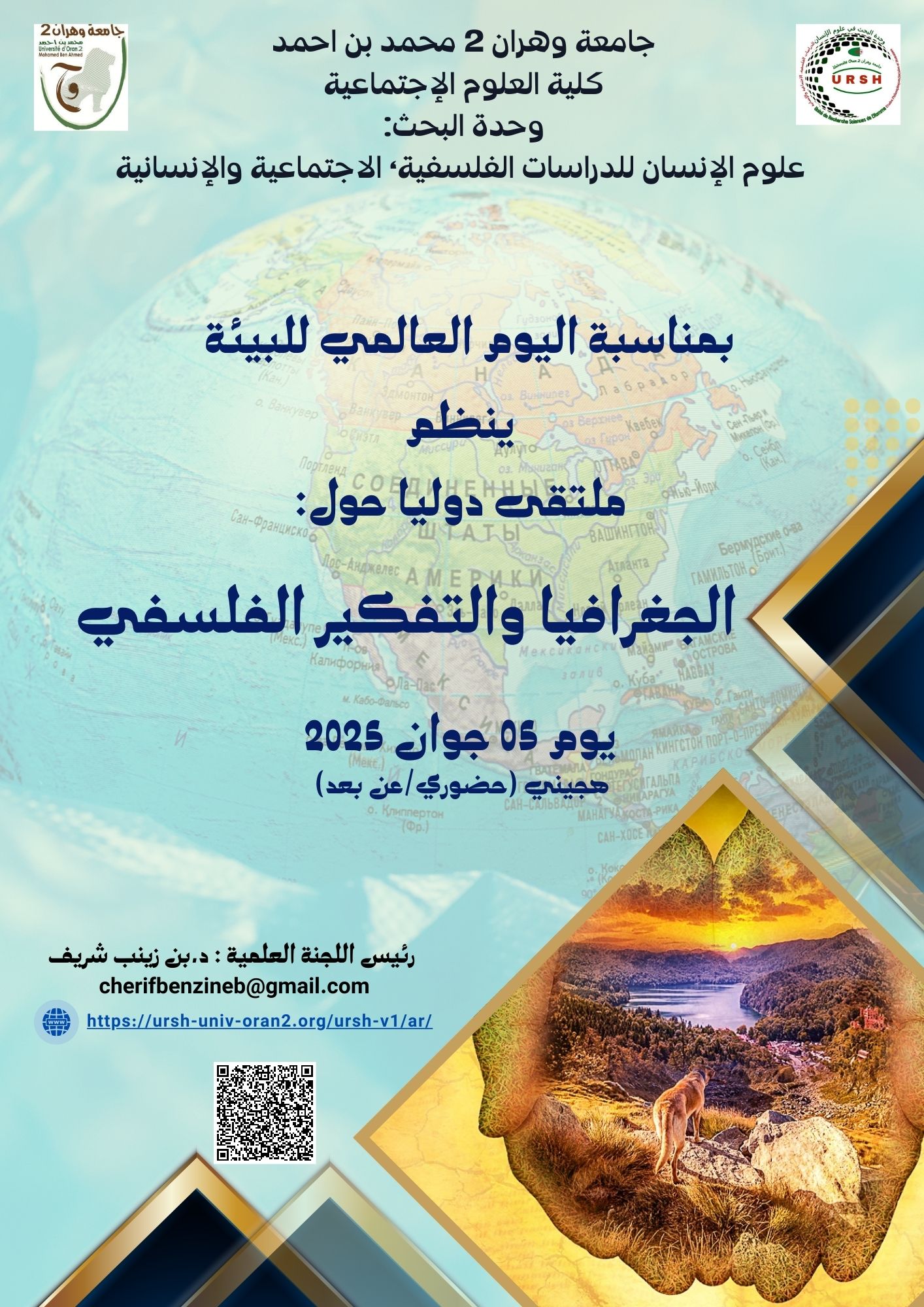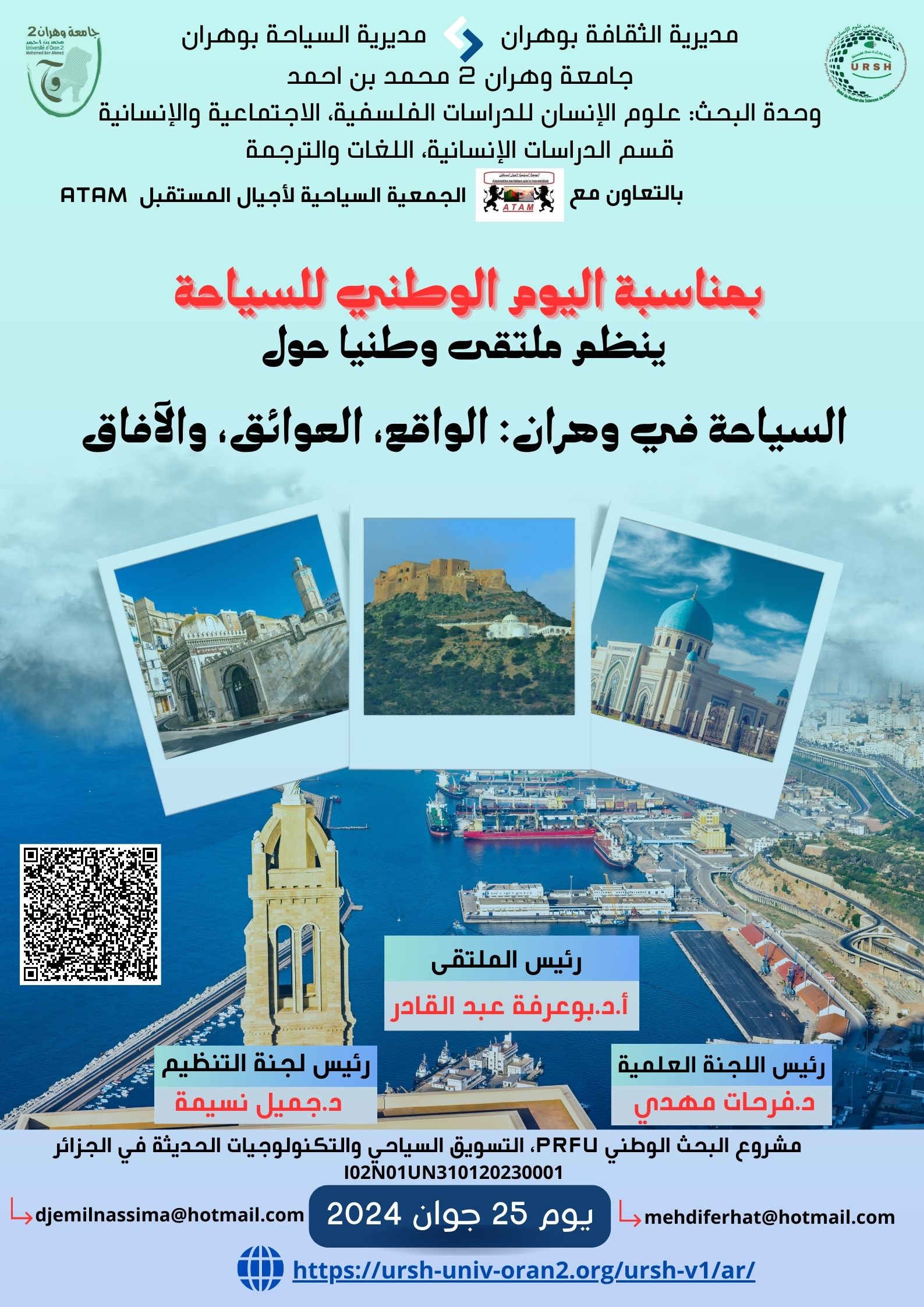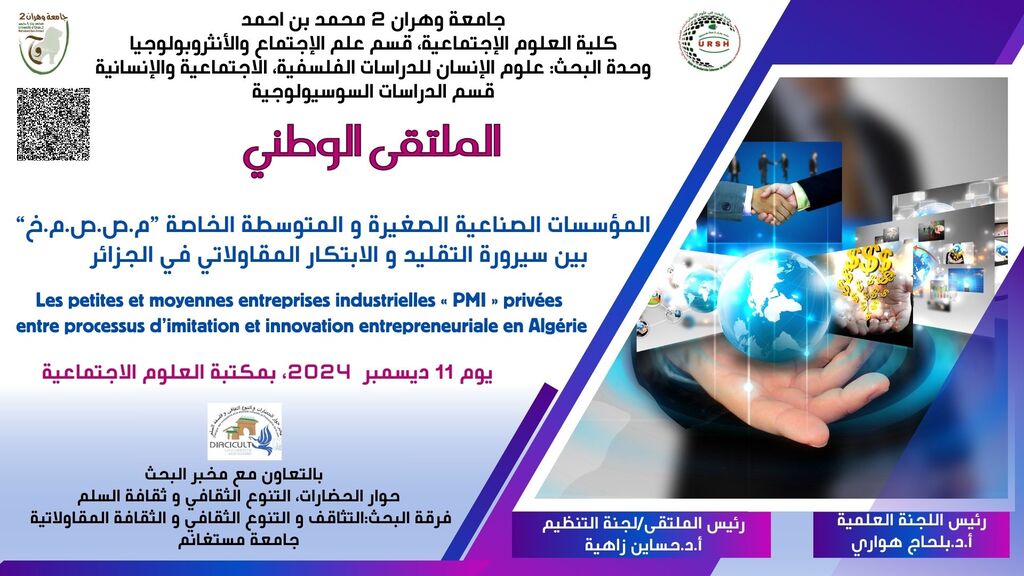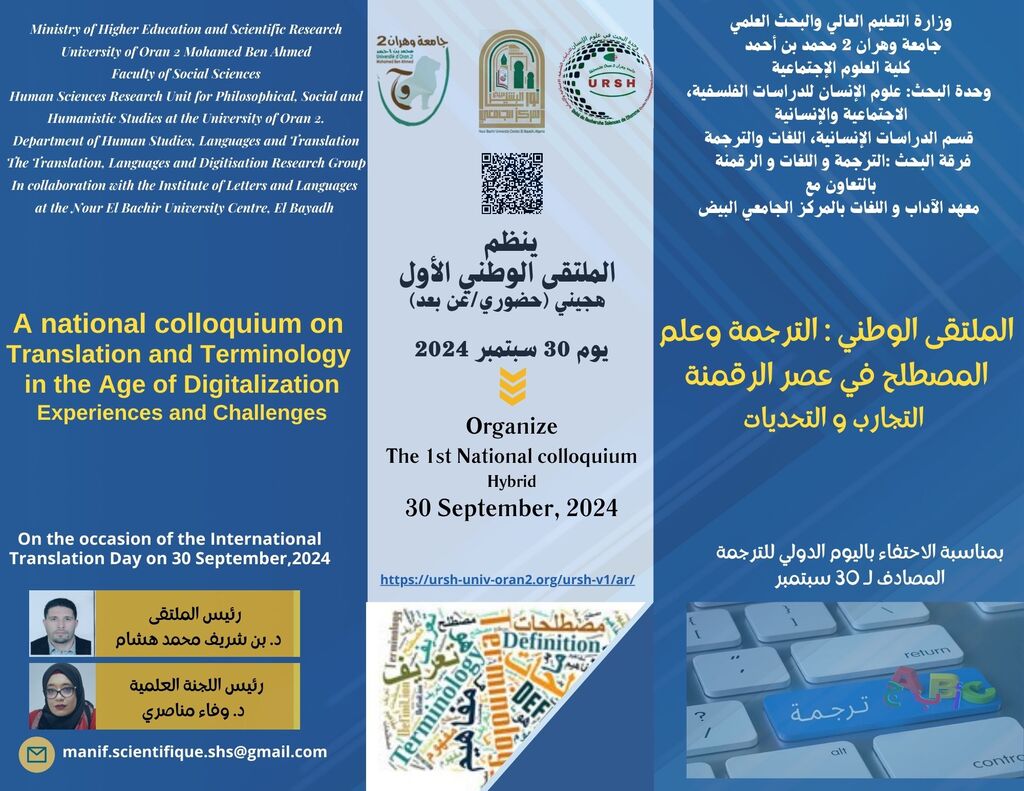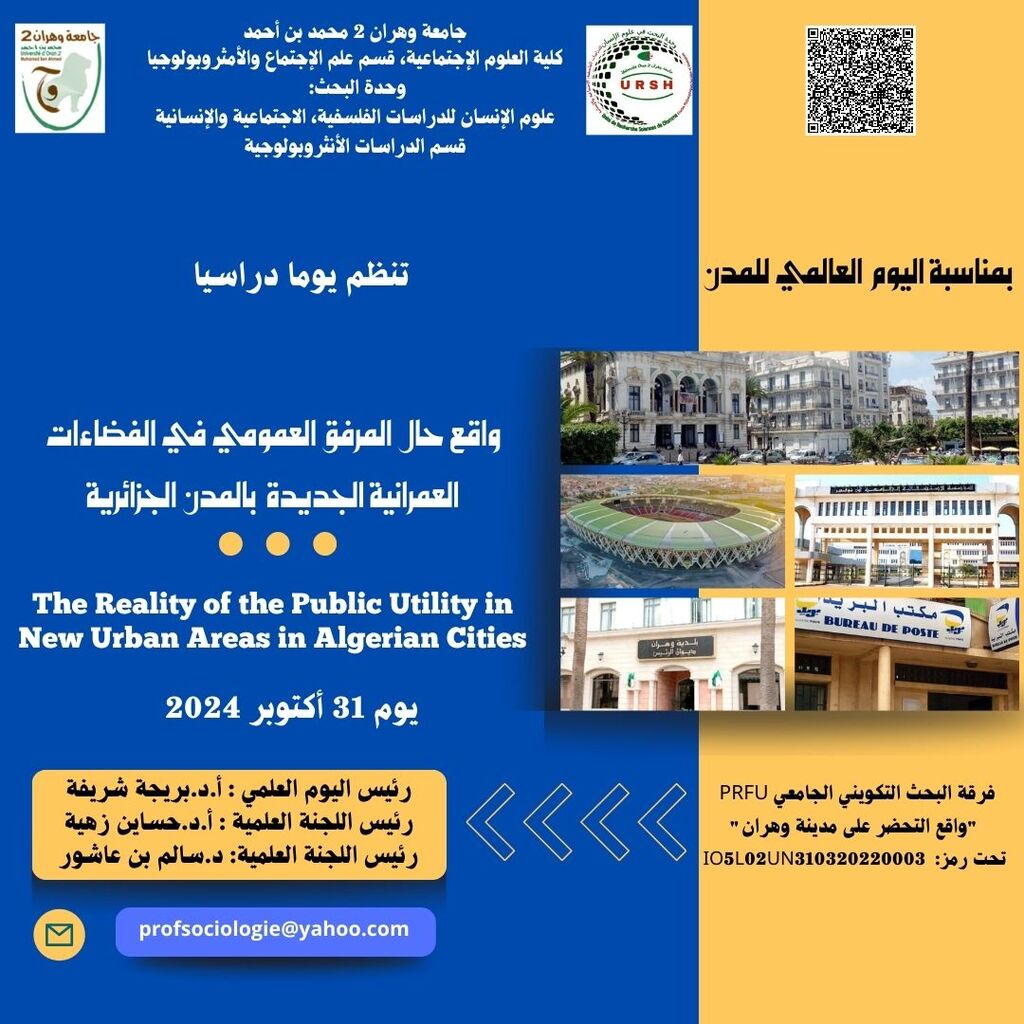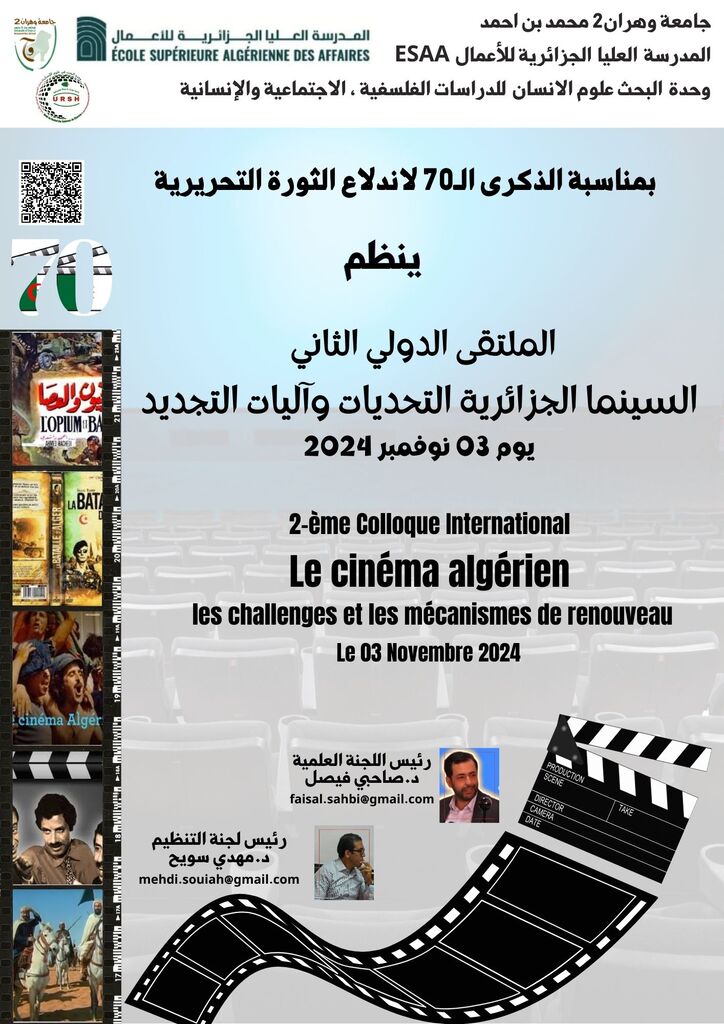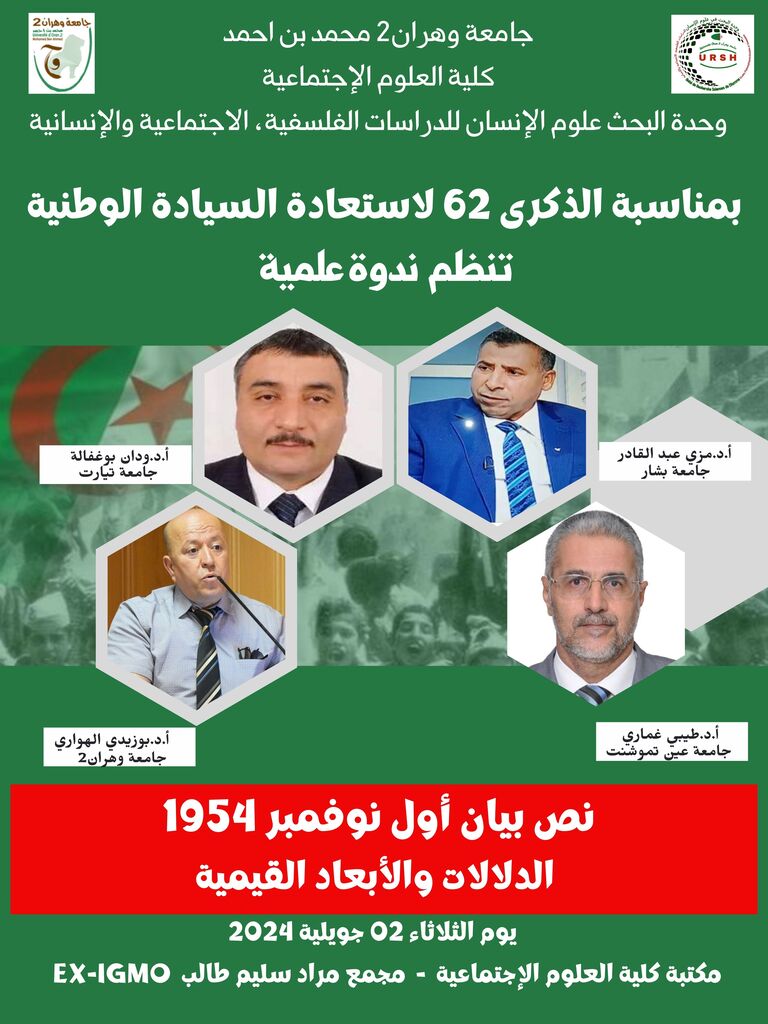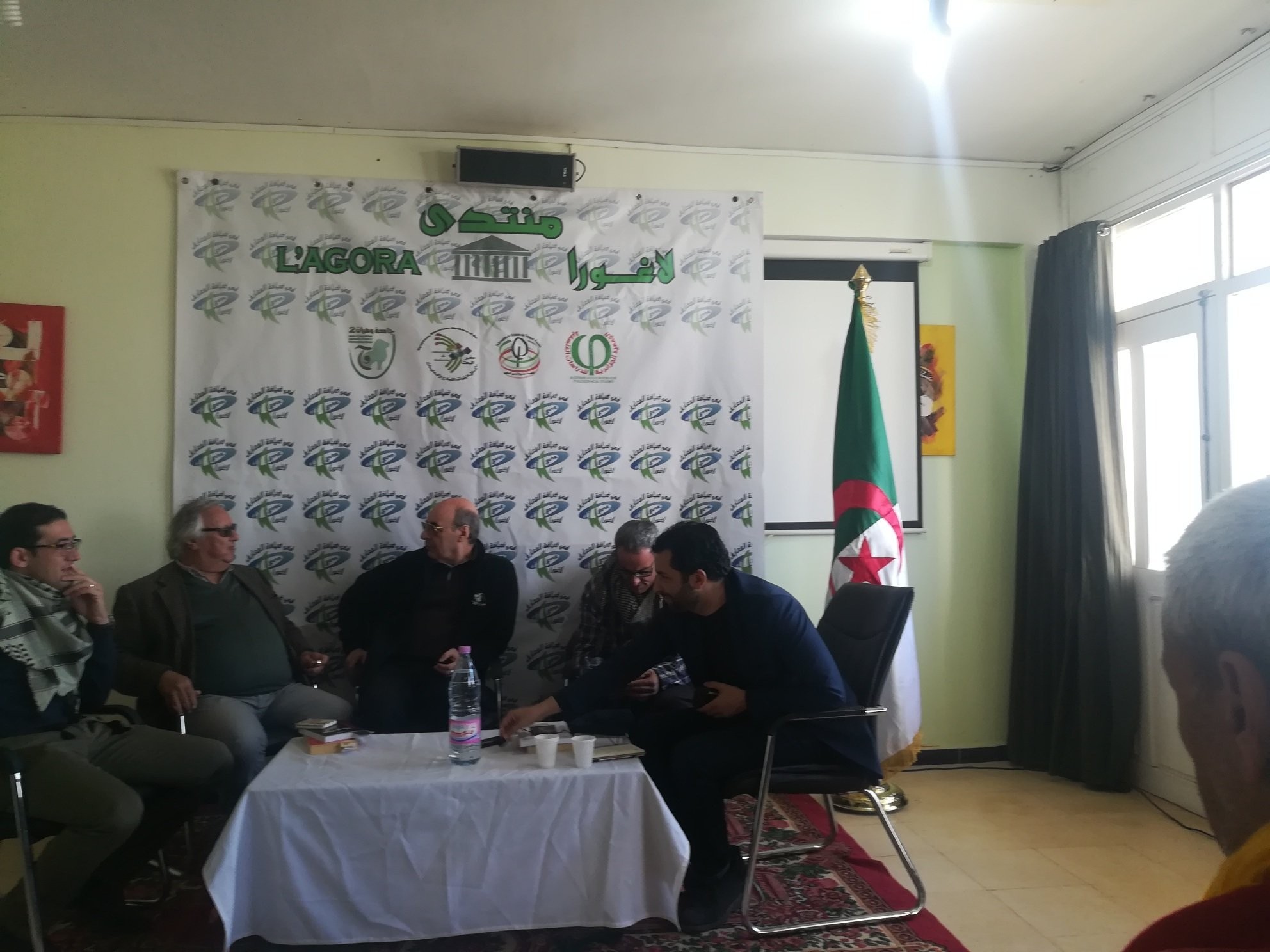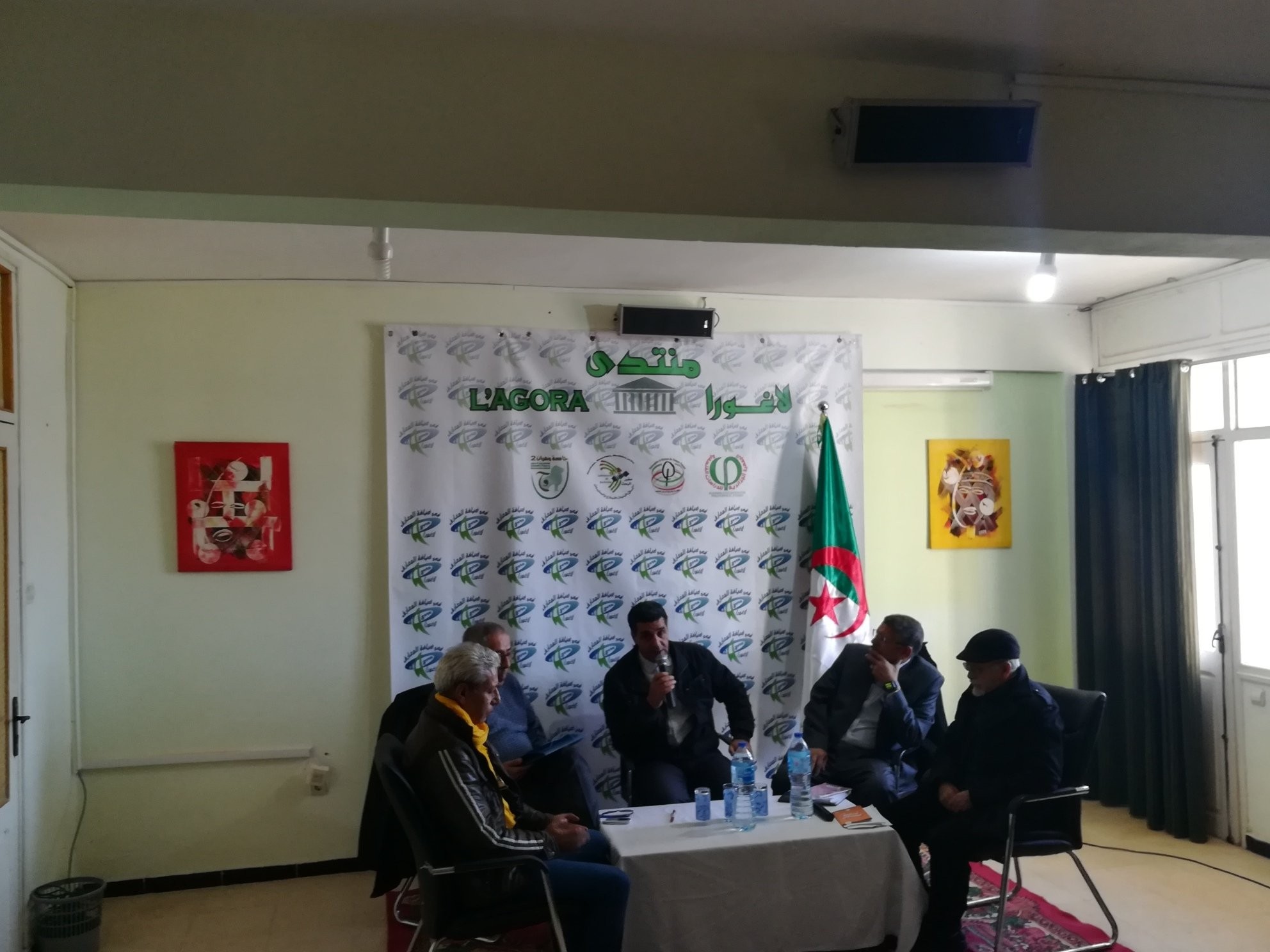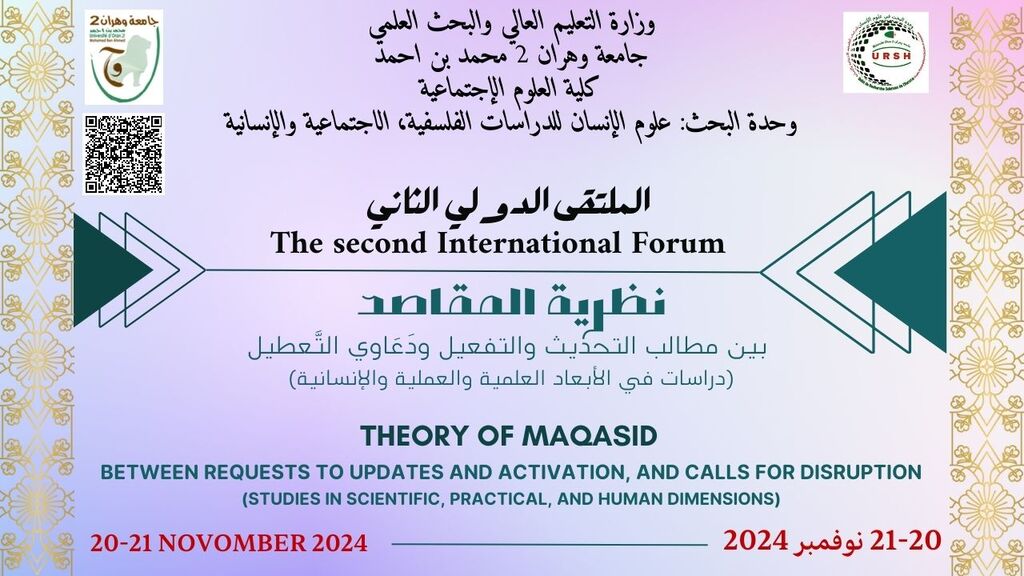
الملتقى الدولي:نظرية المقاصد بين مطالب التحديث والتفعيل ودَعَاوي التَّعطيل
الديباجة
ترمز مقاصد الشريعة إلى الأهداف والغايات الرئيسة التي تسعى إليها الشريعة الإسلامية بغية تنظيم حياة الفرد والمجتمع ضمن أحكام وأصول الدين الإسلامي. حيث تهدف نظرية المقاصد إلى تحقيق المصالح الشرعية المبنية على الخير، والحق، والمحبة. وتسعى إلى تجنب المفاسد المُبطنة بالشَّر، والضرر، وأمراض النفس البشرية. وبذلك تُعَد مُرشدًا مهمًا، ودليلاً هاديًا لفهم وتفسير الأحكام الشرعية، وتطبيقاتها في اليومي؛ ثم في الجزئي والكلي، مُشكلة نظامًا فكريًا شاملاً مبتغاه الأساس تحقيق الرفاه، والعدل، والسلام في المجتمع الإسلامي.
يحاول الكثير من المفكرين العرب والمسلمين من اتجاهات فكرية وعقدية مختلفة التفكير في نظرية "مقاصد الشريعة" من أوجه مختلفة ومتباينة، حتى غدت واجهة كبرى لأغلب محاولات التجديد، و أيضا محاولات التَّصدي لتجديد أو تحديث الفكر الديني. حيث ينافح عنها بعض الأصوليين بوصفها مدخلاً أصوليًا تراثيًا معياريًا ثابتًا لتشخيص علل الواقع وعلاجها، ويُحاول البعض الآخر (المعتدلون) تفعليها وتطويرها نظرًا لمتطلبات العصر وإكراهات الواقع الاجتماعي، والسياسي، والاقتصادي.. بينما يُرافع الحداثيون عنها عَادِينهَا مولجًا مهمًا لعمليات فهم و تأويل النصوص الدينية وتنزيلها على الواقع من منظور خارج كليات الدين الإسلامي.
إزاء هذا التباين بين الاتجاهات المتناقضة حول النظر إلى "المقاصد" نستشعر طابعًا إشكاليًا نظريًا يتعلق بالتّصور والرؤية التي تؤطر محاولة استئناف التفكير المقاصدي في إطار سنة التَّدافع، والتي تفرض على المسلم الاجتهاد كما اجتهد الجويني (419-478هـ / 1028-1085م)، والغزالي (450 هـ - 505 هـ / 1058م - 1111م)، و الشَّاطبي (538 هـ / 590هـ )، وابن عبد السلام (577هـ/1181م - 660هـ/1262م)، وبن زكري التلمساني (820 ه/ 899 ه). ومن المعاصرين طاهر بن عاشور (1879م / 1973م)، وعلال الفاسي (1910م/ 1974م)، وغيرهم من العلماء والأصوليين.
إن استحضار الطابع الإشكالي المتمثل في قابلية مقولة المقاصد للتطوير والتجديد فيها من زوايا واتجاهات متعددة، قد تؤدي إلى التناغم مع متطلبات الواقع، وأيضا قد تؤدي التناقض مع ثوابت الإسلام.
وعليه، يجب أن يكون البحث في المسار التطوري لهذه النظرية، بدءا من أرضية النص المؤسس (القرآن الكريم والحديث النبوي) والنص المُفسر (الاجتهاد)، والاستئناس بالعلوم البينية المُضَايفة للشريعة كالعلوم الاجتماعية والإنسانية.
إن المبتغى هو فهم مُسوغات الدعوة إلى تفعيل التفكير المقاصدي مع تحديد مواضع الاختلاف والائتلاف بين مختلف الاتجاهات، فالأمر يتعلق بمفهوم يحاول الكثير من المشتغلين به إلى تجديده وتوسيعه وفقا لمسلمات وقناعات فكرية مذهبية عقدية أو سياسية، ويحاول البعض تعطيله لأنه لا يتماشى والعصر.
ويبدو جليًا أنه مفهوم يتداخل مع مفاهيم أخرى كالمصالح، والمنافع، والذرائع، والحكم والعلل وغيرها، ولذَا تم ربطه قديما بالكليات الخمس: "حفظ الدين، حفظ النسل، وحفظ النفس، وحفظ العقل، وحفظ المال."، والتي يرى كثير من الدارسين ضرورة توسيعها وإضافة كليات أخرى، يفرضها العصر والواقع، وأن الشَاطبي ذاته حين وضع الكليات الخمس وضعها بناءً على متطلبات روح عصره ومقتضياته.
ضمن هذا السياق الجدلي نطرح الإشكالية الأتية: إن نظرية المقاصد باعتبارها عملية اجتهادية انبثقت في لحظة تاريخية، فإنها تحمل القابلية للتجديد والتوسيع، وللتفعيل والتحديث.
وعليه،
- ما الحدود الفاصلة بين المَقاصد الشرعية والمنافع البشرية.؟
- كيف يمكن الفصل بين الجزئي والكلي في الخطاب المَقاصدي.؟
- ما ضوابط الاجتهاد المقاصدي؟
- ما حدود النصي والواقعي في نظرية المقاصد؟
- ما مجالات توسيع كليات المقاصد؟
- ما دواعي وأبعاد تفعيل نظرية المقاصد في الراهن العربي والإسلامي؟
- إلى أي حد يمكن للعلوم الإنسانية والاجتماعية المعاصرة الإسهام في تطوير الفكر المقاصدي؟
المحاور:
- المقاصد: المفهوم والسّياقات.
- إرهاصات الفكر المقاصدي قبل الشاطبي.
- المقاصد الشاطبية: البنية والسياقات.
- الفكر المقاصدي في عصر النهضة.
- الاجتهاد المقاصدي في الفكر الإسلامي المعاصر.
- المقاصد في الفكر الحداثي: المقاصد والإيديولوجيا.
- الاجتهاد المقاصدي بين حاكمية النص وحاكمية الواقع.
أهداف الملتقى:
- تعميق البحث في الفكر المقاصدي.
- تعزيز المقاربة البينيَّة في فهم المقاصد الشرعية وتنزيلها على الواقع.
- الوصل بين اتجاهات الفكر المقاصدي التراثي والمعاصر.
- فتح المجال لمقاربة الفكر المقاصدي على ضوء العلوم المعاصرة (اجتماعية-إنسانية- طبيعية....)
- توجيه اهتمامات البحوث الأكاديمية في كليات العلوم الاجتماعية نحو تجديد العلوم الدينية.
- تأكيد ارتباط الجامعة بالإشكاليات الحضارية والفكرية للأمة.
- المساهمة في بلورة مجموعة من الرؤى والتصورات حول المسائل المطروحة في نطاق الخطاب الديني الإسلامي المعاصر.
هــام : ترفق السيرة الذاتية بالنسبة للسادة الباحثين من داخل و خارج الوطن
معلومات هامة:
آخر أجل للاستلام إستمارة المشاركة 15 ماي 2024
الرد على طلب المشاركة 18 ماي 2024
آخر أجل لارسال المداخلة 01 جويلية 2024
المداخلة النهائية 15 جويلية 2024
ملاحظة:الأعمال تنشر في استكتاب جماعي
**********
ترسل السيرة الذاتية إلى البريد الالكتروني التالي Cette adresse e-mail est protégée contre les robots spammeurs. Vous devez activer le JavaScript pour la visualiser.
إستمارة التسجيل
⇓⇓
https://forms.gle/kiBJCgfEWiLAv2vWA
Theory of Maqasid
Between Requests to Updates and Activation, and Calls for Disruption
(Studies in Scientific, Practical, and Human Dimensions)
Introduction
The Maqasid Al-Shariah (objectives of Islamic law) are the overarching goals and purposes that Islamic law seeks to achieve to regulate the lives of individuals and society within the framework of the rulings and principles of the Islamic religion. The Theory of Maqasid aims to achieve legitimate interests based on good deeds, justice, and love. It also seeks to avoid evils that are hidden in evil, harm, and diseases of the human psyche. Thus, it is an important guide and a guiding principle for understanding and interpreting Islamic rulings and their applications in daily life, forming a comprehensive intellectual system whose basic goal is to achieve well-being, justice, and peace in Islamic society.
Different approached to Maqasid al-Shariah
Many Arab and Muslim thinkers from different intellectual and ideological orientations try to think about the Theory of "Maqasid al-Shariah" from different and divergent perspectives so that it has become a major front for most attempts to modernization and also attempts to confront modernization of religious thought. Some traditionalists defend it as a fixed standard heritage jurisprudential approach to diagnosing the ills of reality and treating them, while others (moderates) try to activate and develop it in light of the requirements of the times and the constraints of social, political, and economic reality. Modernists, on the other hand, advocate for it as an important tool for understanding, interpreting, and applying religious texts to reality from a perspective outside the tenets of Islam.
Problematic aspects of the Maqasid theory
In the face of this divergence between the contradictory trends in looking at "the Maqasid", we engage a theoretical problematic aspect related to the concept and vision that frames the attempt to resume purposeful thinking within the framework of the year of struggle (ijtihad), which imposes on the Muslim the duty of ijtihad as did al-Juwayni (419-478H / 1028-1085M), al-Ghazali (450H - 505H / 1058M - 1111M), al-Shatibi (538H / 590H), Ibn Abd al-Salam (577H / 1181M - 660H / 1262M), and Ibn Zakari al-Tlemسانی (820H/ 899H). Among the contemporaries are Tahir ibn Ashour (1879M / 1973M), Allal al-Fasi (1910M/ 1974M), and other scholars and jurists.
The need for a comprehensive study of the Maqasid theory
Evoking the problematic aspect represented by the possibility of developing and renewing the discourse of Maqasid in it from multiple angles and directions may lead to harmony with the requirements of reality, and may also lead to contradiction with the constants of Islam.
Accordingly, the research on the evolutionary path of this theory should start from the ground of the founding text (the Holy Qur'an and the Prophetic Hadith) and the interpreted text (ijtihad), and take inspiration from the interdisciplinary sciences that complement the Shariah, such as social and human sciences.
Objectives of the Conference
The aim is to understand the justifications for calling for the activation of purposeful thinking while identifying the points of difference and agreement between the different trends, as the matter is related to a concept that many of those who deal with it try to renew and expand it according to the postulates and convictions of intellectual, doctrinal, ideological or political beliefs, and some try to disable it because it does not keep pace with the times.
It is clear that it is a concept that overlaps with other concepts such as interests, benefits, means, judgment, and causes, and therefore it was linked in the past to the five categories: "Preservation of: soul, religion, offspring, mind, and money.”. Many researchers see the need to expand and add other Maqasid, imposed by the times and reality, and that al-Shatibi himself put the five Maqasids based on the requirements of the spirit of his time and its requirements.
Problematic Questions
Within this dialectical context, we raise the following problematic: The Theory of Maqasid, as an ijtihadic process that emerged at a historical moment, carries the potential for renewal, expansion, activation, and modernization.
Accordingly, what are the dividing lines between legitimate interests and human benefits?
How can the partial and the whole be separated in the purposeful discourse?
Therefore,
- What are the boundaries between Sharia objectives and human interests?
- How can we differentiate between the partial and the holistic in considerate discourse?
- What are the guidelines for considerate ijtihad?
- What are the limits between textual and realistic in the theory of objectives?
- What are the areas for expanding the objectives?
- What are the reasons and dimensions for activating the theory of objectives in the contemporary Arab and Islamic context?
- To what extent can contemporary social and human sciences contribute to the development of considerate thought?
Axes:
- Objectives: Concept and Contexts.
- Indications of considerate thought before al-Shatibi.
- Al-Shatibi's objectives: Structure and Contexts.
- Considerate ijtihad in contemporary Islamic thought.
- Objectives in modernist thought: Objectives and Ideology.
- Considerate ijtihad between the sovereignty of the text and the sovereignty of reality.
Objectives of the Symposium:
- Deepening research in considerate thought.
- Enhancing interdisciplinary approach in understanding Sharia objectives and their implementation in reality.
- Connecting traditional and contemporary considerate thought orientations.
- Opening the door for considering considerate thought in light of contemporary sciences (social, human, natural...)
- Directing academic research interests in social science faculties towards renewing religious sciences.
- Affirming the university's connection to the civilizational and intellectual problematic of the nation.
- Contributing to crystallizing a set of visions and concepts about the issues raised within the scope of contemporary Islamic religious discourse.
Important Dates
May 15th, 2024: Submission of abstracts.
May 18th-, 2024: Response to abstracts.
July 01th, 2023: submission of accepted articled.
Articles admitted to reservation time limit is extended to five (5) days.
July 15th, 2024: Deadline to receive all the final versions.
***************************
Scientific coordinator
Cette adresse e-mail est protégée contre les robots spammeurs. Vous devez activer le JavaScript pour la visualiser.
- Détails
- Écrit par مسير الموقع
- Création : 19 avril 2024
